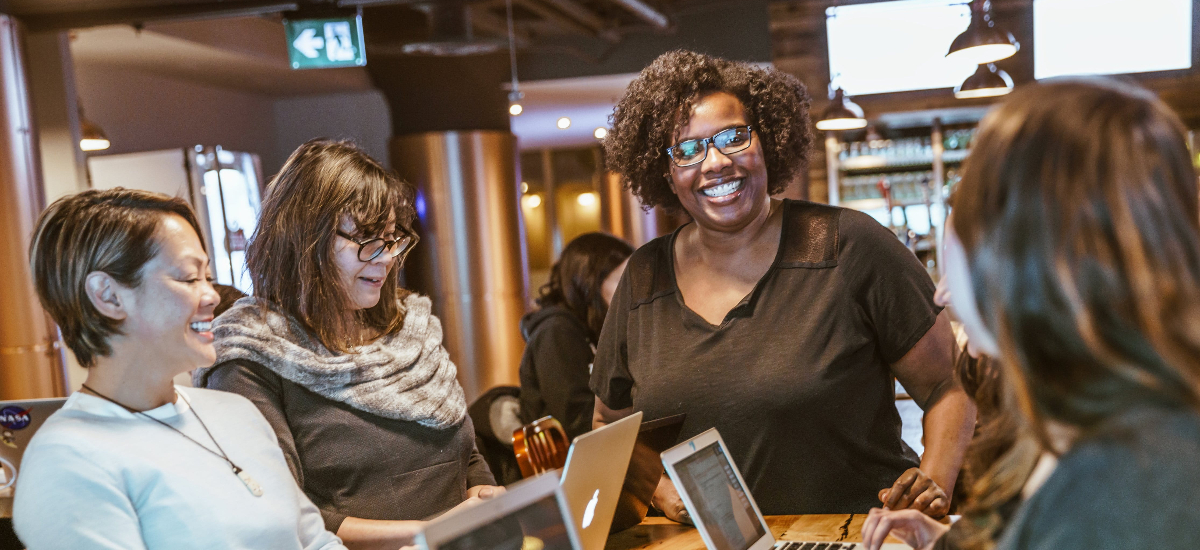Why Retail Marketing is necessary?
Retail trade is a commodity exchange process aimed at meeting the needs of people through the free sale of goods and services that are of value to the buyer.
It guides domestic producers to take into account the needs of society as much as possible. Retail happens to be founded on the theory of separate choice Smart Glass technology, based on the code of consumer priority.
The retail business integrates the seller’s interests in generating income and the buyer’s needs for high-quality goods and services in order to identify and qualitatively meet the buyers’ demand.
In retail, there are three main stages of creating a trading process and at each stage marketing solves certain problems of business management, allows you to increase income and actively respond to market trends.

The first stage involves analyzing the product niche Chiefway, taking into account the competitive environment and the purchasing power of the target segment buyers.
The rationale for the location of the retail enterprise is a comprehensive assessment:
- Characteristics of the area (industrial, office, sleeping);
- The strength of traffic use to flows near the store;
- Probable radius of exposure of buyers;
- Availability of position and accessibility of transport parking;
- Availability of similar retail outlets near the store, as well as industrial facilities.
At this stage, it is especially necessary to perform segmentation of consumers, highlighting the social status of buyers and purchase motives. Along with this, it is advisable to create an information database of regular customers. The main tools for segmentation research can be focus groups of buyers, commercial leaflets, questionnaires, visual observations, presentations.
The second stage involves the development of a marketing mix program, systematic and flexible use of all its tools. At this stage, the organization of the trade process is accompanied by the formation of a product policy. At the same time, it is necessary to analyze an attractive and sustainable assortment from the standpoint of the level of demand, possible consumer satisfaction, and profitability of trade.

Particularly carefully it happens to be necessary of developing a pricing policy, in view of the value verge, the level of the regular market price, the resistance of demand, the value of competitors, market trends and the real possibilities of the store Chiefway. A significant addition to the second stage is the work on the creation of possible trade discounts, margins using trade promotion mechanisms: sales, discount accumulative cards, coupons, sweepstakes, contests, flexible forms of payment, credit.
At this stage it is very important to develop a distribution policy. At the same time, it is necessary to consider working with suppliers for profitable commercial relations based on the concept of partnership, as well as assess the availability of vehicles, possible customer service.
Sales promotion happens to be the most real leverage for growing the number of prospective buyers. In order to stimulate retail trade enterprises develop: loyalty programs, incentives based on plastic cards; discount, bonus programs; “Gift cards” for VIPs and regular customers; “Savings cards”, draws and other promotions.
The third stage involves assessing the effectiveness of financial and economic indicators, including: revenue, total costs, inventory turnover, profit and profitability of trade transactions.
At this stage, it is very important to provide for a unified trading and reporting system based on automated accounting for accounting and cash transactions.

